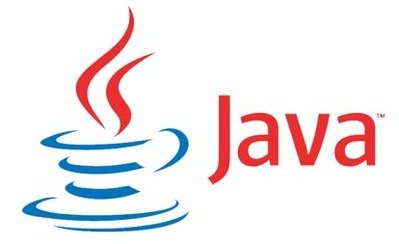Let’s play a game on an array! You’re standing at index 0 of an n-element array named game. From some index i (where 0 < = i < n), you can perform one of the following moves:
- Move Backward: If cell i-1 exists and contains a 0, you can walk back to cell i-1.
- Move Forward:
- If cell i+1 contains a zero, you can walk to cell i+1.
- If cell i+leap contains a zero, you can jump to cell i+leap .
- If you’re standing in cell n-1 or the value of i + leap >= n, you can walk or jump off the end of the array and win the game.
In other words, you can move from index i to index i+1,i-1, or i + leap as long as the destination index is a cell containing a 0. If the destination index is greater than n-1, you win the game.
Function Description
Complete the canWin function in the editor below.
canWin has the following parameters:
- int leap: the size of the leap
- int game[n]: the array to traverse
Returns
- boolean: true if the game can be won, otherwise false
Sample Input
STDIN Function
----- --------
4 q = 4 (number of queries)
5 3 game[] size n = 5, leap = 3 (first query)
0 0 0 0 0 game = [0, 0, 0, 0, 0]
6 5 game[] size n = 6, leap = 5 (second query)
0 0 0 1 1 1 . . .
6 3
0 0 1 1 1 0
3 1
0 1 0Sample Output
YES
YES
NO
NOSOLUTION : – 1
import java.util.*;
public class Solution {
public static boolean canWin(int leap, int[] game, int start) {
for(int i = start; i < game.length; i++) {
game[i] = 1;
if(i + 1 == game.length || i + leap >= game.length) break;
if(game[i + leap] == 0) {
int j = i + leap;
while(j > 0 && game[j - 1] == 0) --j;
if(canWin(leap, game, j)) return true;
}
if(game[i + 1] != 0) return false;
}
return true;
}
public static void main(String[] args) {
Scanner scan = new Scanner(System.in);
int q = scan.nextInt();
while (q-- > 0) {
int n = scan.nextInt();
int leap = scan.nextInt();
int[] game = new int[n];
for (int i = 0; i < n; i++) {
game[i] = scan.nextInt();
}
System.out.println((canWin(leap, game, 0)) ? "YES" : "NO");
}
scan.close();
}
}
SOLUTION : – 2
To optimize the code, we can make a few changes to improve its efficiency:
- Avoid Recalculating Results: Use a boolean array to keep track of visited indices to avoid recalculating the result for the same index.
- Exit Early on Success: If we reach the end of the array or can make a leap to reach beyond the array, return
trueimmediately. - Use a Queue for BFS: Instead of recursion, use a queue for BFS traversal to reduce the risk of stack overflow for large inputs.
Here’s the optimized code:
import java.util.*;
public class Solution {
public static boolean canWin(int leap, int[] game) {
if (game == null || game.length == 0) return false;
int n = game.length;
boolean[] visited = new boolean[n];
Queue<Integer> queue = new LinkedList<>();
queue.offer(0);
while (!queue.isEmpty()) {
int current = queue.poll();
if (current + leap >= n || current == n - 1) {
return true;
}
if (current - 1 >= 0 && game[current - 1] == 0 && !visited[current - 1]) {
queue.offer(current - 1);
visited[current - 1] = true;
}
if (game[current + 1] == 0 && !visited[current + 1]) {
queue.offer(current + 1);
visited[current + 1] = true;
}
if (game[current + leap] == 0 && !visited[current + leap]) {
queue.offer(current + leap);
visited[current + leap] = true;
}
}
return false;
}
public static void main(String[] args) {
Scanner scan = new Scanner(System.in);
int q = scan.nextInt();
while (q-- > 0) {
int n = scan.nextInt();
int leap = scan.nextInt();
int[] game = new int[n];
for (int i = 0; i < n; i++) {
game[i] = scan.nextInt();
}
System.out.println(canWin(leap, game) ? "YES" : "NO");
}
scan.close();
}
}
FOLLOW FOR MORE QUESTIONS AND SOLUTIONS | DIGIT WOOD



Leave a Reply